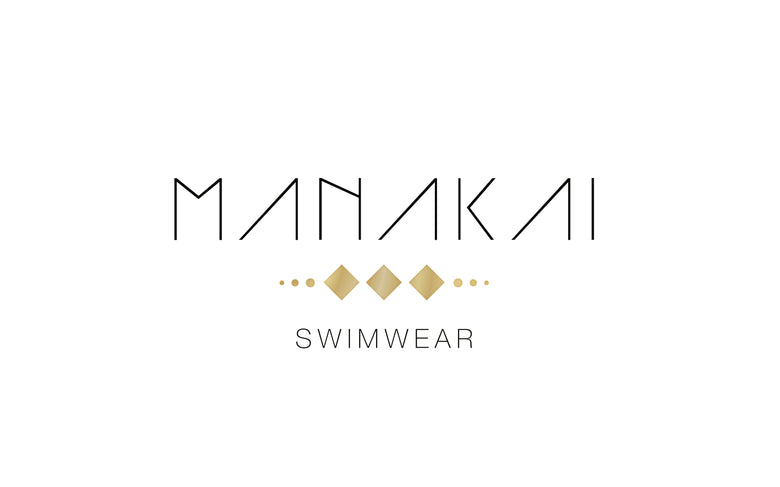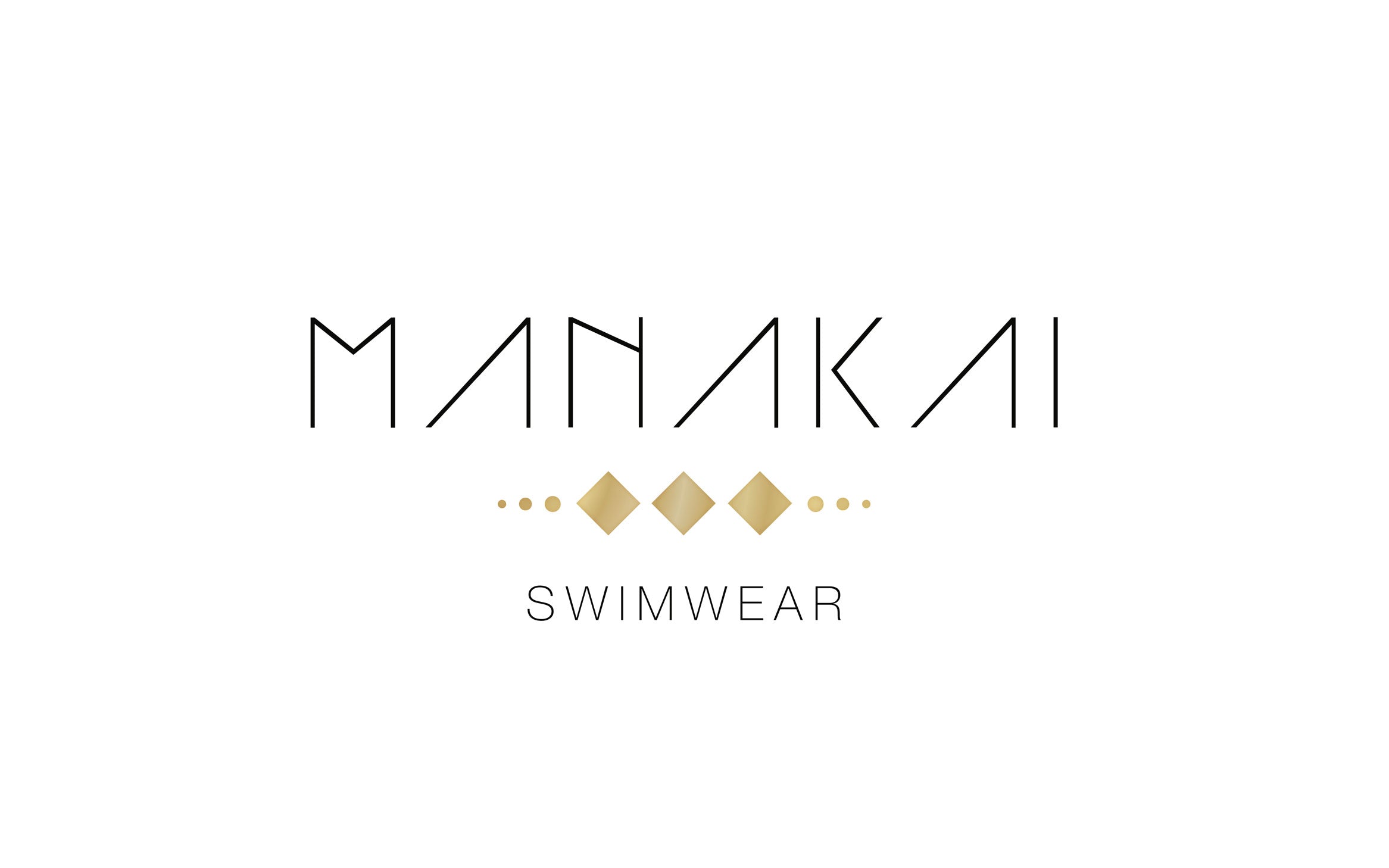KELLEY CHAPMAN ON FEMALE EMPOWERMENT, BEING A BUSINESS OWNER, AND CREATING HAWAII’S FIRST ECO-CONSCIOUS SUSTAINABLE SWIMWEAR BRAND.
writer and editor: Kiana Kanoa
FOR: HOKU MAGAZINE

WOMEN. Graceful, eloquent, badass…we are the everyday superheroes of society, and yet so many of us are burdened with the overwhelming need to feel perfect. From the entertainment industry to the fashion industry, women are still combating gender roles that have so carelessly defined us. As we focus our mentality towards a more sustainable fashion future, we must not forget that sustainability involves more than just being good to the environment (although that’s an important piece!). It’s time to get real, diversity, equity and inclusion are all key factors towards creating a more sustainable future and with that comes the rise of the girlboss. Today, there are more women-run and women-created businesses than ever before. Which brings us to the ultimate sustainable girlboss, Kelley Chapman, the creator of Hawaii’s first eco-conscious sustainable swimwear brand, Manakai Swimwear.
Self-love starts from within. As a designer Kelley Chapman is not only breaking boundaries in the sustainable swimwear world, but she’s advocating female empowerment across the board – making women feel beautiful and confident from the inside out! The HOKU team was lucky enough to sit down with Chapman and learn more about her inspiring story and the daunting task of creating Manakai Swimwear from the ground up.
To Kelley, sustainability and integrity is everything. From getting her degree in Science, focused on Sustainable Tourism and Outdoor Experiential Education to studying abroad in Costa Rica to moving to Maui in 2007 and everything in between – her entire life journey was surrounded on understanding more about the beauty that surrounds us. Her only interest was learning as much a she could about Hawaii’s culture and the magical ocean she was surrounded by. Her interest in fashion started when she began working for another swimwear brand on the island. She started hitting the books, doing research online, watching Youtube videos and doing everything she could to make sure she was well educated on the ins and outs of the industry and on running a business (something she knew she wanted to do on her own). But it was when she traveled to Brazil to set up production that something clicked. After being told she couldn’t look into the facilities, she quickly began to realize the intense and unethical reality of the industry.
Fast-forward to 2013, Kelley was laid-off, full of knowledge and unstoppable. Within six months she had created what we know as Manakai Swimwear. It was the beginning of her incredible journey as a business-owner, entrepreneur and total ladyboss! All too often, women are held back and discouraged from living up to their full potential – our abilities always being questioned. Chapman’s resilience, determination and will to learn everything she could about the industry is living proof that we can do anything when we put in the work.
Chapman knew sustainability was going to be at the forefront of her brand. Her focus was to create while limiting her impact as much as possible. And for her, sourcing was everything. “I think when anyone is interested in creating an ethical business the first step is looking at your raw materials, where they’re coming from, and who is making them.” Chapman tells HOKU. From the beginning she made sure her entire collection was made exclusively out of regenerated Nylon 6. And that’s not all, she paid careful attention to source her materials from a company whose morals and transparency matched her own. She sources her materials from Vita by Carvico, primarily because of their quality and clean technology. She emphasizes that being aware is key, “Most people don’t realize that the first step to creating a stretch fabric is to extract oil and through a chemical process you create a synthetic fiber. So it’s a no brainer that if we have all this excess, we should be figuring out a way to reuse it. We’re at the point where we don’t have any more time, we have to be innovative. Business should be at the forefront of this movement because essentially, we are the ones who are creating the trash!”
For Chapman, finding the right fabric wasn’t the only challenge she faced. “Sustainable or not running your own business comes with great challenge but great reward as well. For me the most difficult part is during my production process where I have minimums I have to reach, yardage to order -- I have to have all of my designs, grading, and plotting done ahead of time.” And while it was difficult at times, Kelley stayed hands on throughout the entire process. Which, certainly wasn’t easy if we might add! In her first year of production, Kelley explains that she had huge rolls of leftover fabric – she had to rework her process and ended up spending months figuring out exactly how much ‘spaghetti’ she needed. And, despite being dyslexic, she created her own incredible mathematical equation that determined everything to a T. “In that industry they’re always trying to tell you that you need extra fabric “just in case” and I was like, nope! I would come into the facilities and a) had already audited them and b) told them exactly how I wanted my yardage cut. I don’t think they’d ever been micromanaged like that before! My ultimate goal is to have no dead stock fabric sitting around” She says. For months, Chapman did everything she could to minimize her waste and ensure that her pieces were made as consciously as possible. From design to manufacturing to the set-up of her Lahaina store-front, Chapman put her entire soul into making a company that represented her.

And even when the designing is done and her marvelous pieces have been created, Chapman’s work is hardly close to being over. Not only is she an advocate and pioneer for sustainability and ethical initiatives, but she is a firm believer in women supporting other women. “In my dressing room I have a sign that says ‘remember you are beautiful’ – I’ve been in this industry a very long time and every day that someone walks into the dressing room they criticize their bodies. The way we talk to ourselves is really intense. I do it myself. I think one thing to be really clear is that my swimwear isn’t going to empower anyone. It’s my branding and lifestyle and the women I choose to showcase.” To Chapman, it’s all about inner beauty. Every woman should have the opportunity to feel beautiful and realize that beauty comes from within them. “I want women to realize that we are graceful and powerful beings. You don’t have to have a certain skin tone or have a certain body type to feel beautiful. Part of my mission is to show women that true beauty is in your grace and how you treat other people, yourself and this planet.” And Chapman’s mission flows throughout her entire brand – and with it she has created sustainable, comfortable, functional and damn sexy swimwear!
During our interview with Chapman, we all got a little emotional! It’s difficult for us women to feel beautiful without comparing ourselves to each other. We are all used to looking in the mirror and criticizing our imperfections. Every member of the HOKU team has dealt with issues relating to body-positivity, gender bias and imagining ourselves in positions of power. But it’s important to remember that our time is now. As women, the most powerful thing we can do is stand together. Chapman’s incredible story teaches us that not only is every woman beautiful, but also capable of so much more than we could have ever imagined. Whether you’re a woman trying to start a new club at school, applying for a new kick-ass job, or maybe even trying to start your own sustainable swimwear brand – we’re here to tell you, go for it!
Photography by:
Kiana Kanoa
Fiona Mullen
Chloe Cyran




